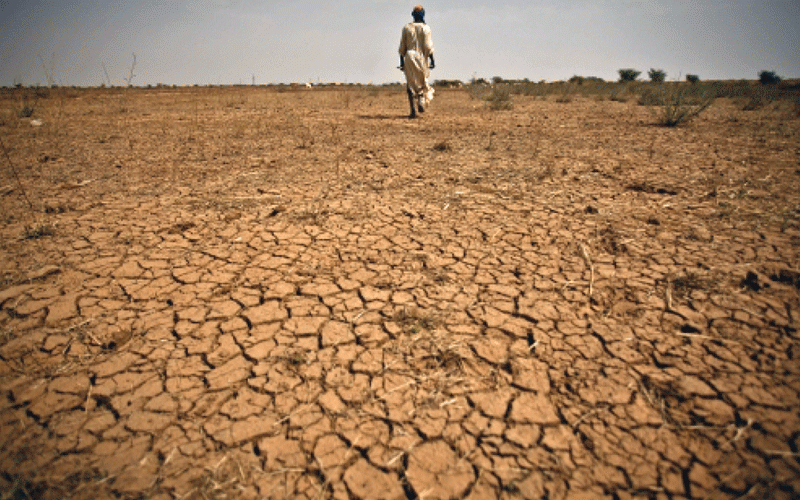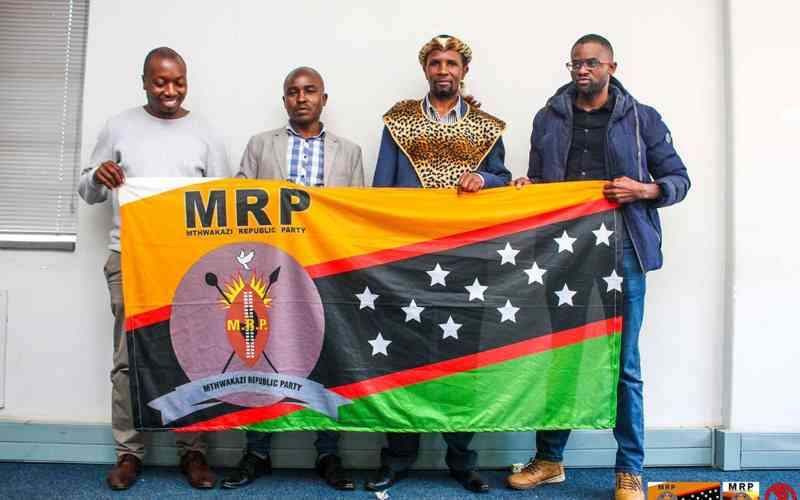
ON June 20 this year, the international community commemorated World Refugee Day to honour refugees from around the world. The day was established in 2001 in recognition of the 50th anniversary of the 1951 Convention Relating to the Status of Refugees.
The goal of the day is to recognise the strength of the refugees who have fled the conflict and persecution of their country in the hope of finding sanctuary and living a better life. World Refugee Day builds the concept of understanding for their plight which shows one's resilience and courage in rebuilding their future.
Today in what seems to be the most troubled period of our time, the number of conflicts in the world has escalated and so have their impact. There are more wars today than they were two decades ago and these have pushed millions of people out of their homes.
Climate change is also pushing millions of people from their homes as land becomes barren and water sources dry up, while some areas are being submerged by water or destroyed by the impact of climate change.
This tells us that safe areas are becoming fewer as people concentrate in areas that are considered safe or more productive. In some areas, they have caused tensions while in others refugees and displaced people have been embraced.
Given the opportunity, refugees have made significant contribution to their host communities, but they need access to equal opportunities and to jobs, housing and healthcare. This is a burden shouldered by the host governments or aid agencies.
Poor economic performance globally is also driving huge numbers of people from their homes in search of opportunities. Several countries are hosting millions of people who have fled poverty to seek better lives abroad. In some cases, this is robbing countries of skilled labour, while in others it is respite as diasporas send money home to sustain household and national economies.
The latest figures show that more than 120 million people around the world are forcibly displaced, including 43,5 million refugees. These numbers are equivalent to populations of regions or major countries and they represent productive capacities lost and hopes and dreams that have been disrupted. They also mean some people may never be able to be part of their country’s national development.
- New perspectives: Funding of an epidemic in an epidemic
- Village Rhapsody: Why project managers fail in Zimbabwe
- Village Rhapsody: Why project managers fail in Zimbabwe
- New perspectives: Funding of an epidemic in an epidemic
Keep Reading
Being a refugee or displaced person is not just about fleeing several dangers and threats to life but the loss of livelihood. It also means loss of productive capacity as well as customer base for local businesses. Therefore, these numbers do not only represent displacement but massive losses in income also.
While the day is seen as an opportunity to experience, understand and celebrate the rich diversity of the communities of refugees. Events such as theatre, dance, film and music aim to allow refugee community organisations, voluntary and statutory organisations, local councils and schools to host events during the week to honour the cause. It is a way of seeking integration.
It is also important to understand the pain that comes with being uprooted from one’s home, loss of life and livelihood and being in foreign land where sometimes, refugees struggle to be accepted. With most economies over-stretched, there is every reason why host communities fear the threat of losing the little that remains of available opportunities.
Addressing the drivers of refugees and displacement requires the world to go back to the drawing board. The world needs to understand that the number of people fleeing their homes will continue to grow as long as there is no solution to addressing conflict, climate change and economic challenges.
Geopolitical changes are occurring at a time when the world needs collaboration, unity and co-ordination to stop the wars and deal with the impact of climate change and economic issues. With most countries focused on elections and domestic challenges, the world seems to be in cruise mode. By the time domestic challenges are addressed, millions of displaced people will have been moved from their homes.
Without solutions to conflicts, climate change and economic challenges, the number of people displaced internally and outside countries will continue to grow to become another source of global challenge that the world will not be able to conquer. There is no other time in the history of modern society that peace and unity are needed than now. It is time to put aside egos and self-interest and focus on bringing stability to the world.
Tapiwa Gomo is a development consultant based in Pretoria, South Africa. He writes here in his personal capacity.










